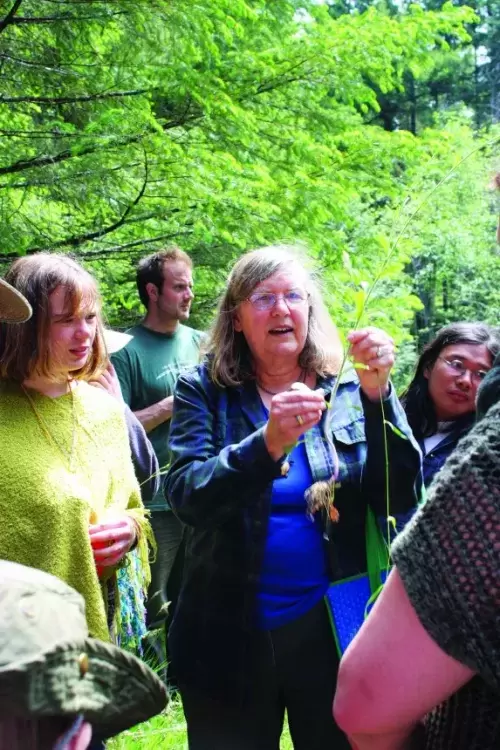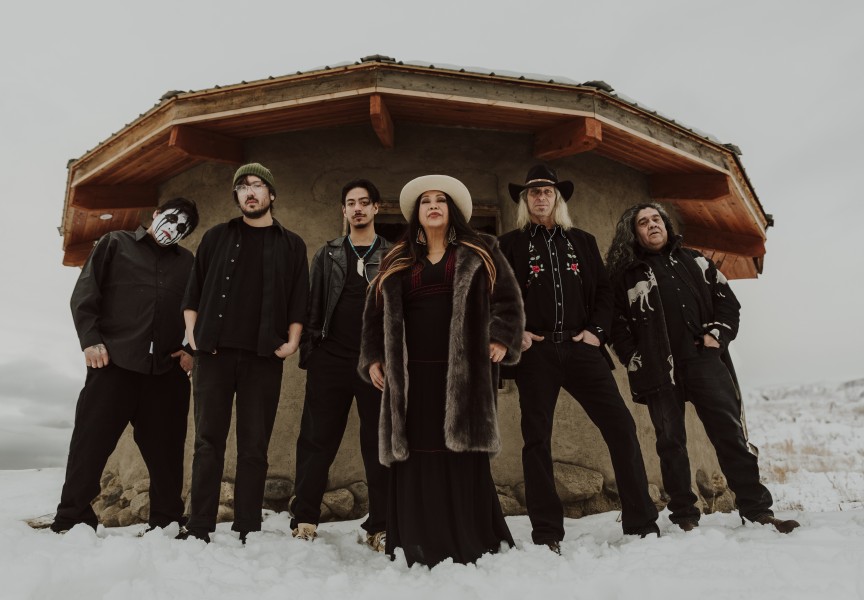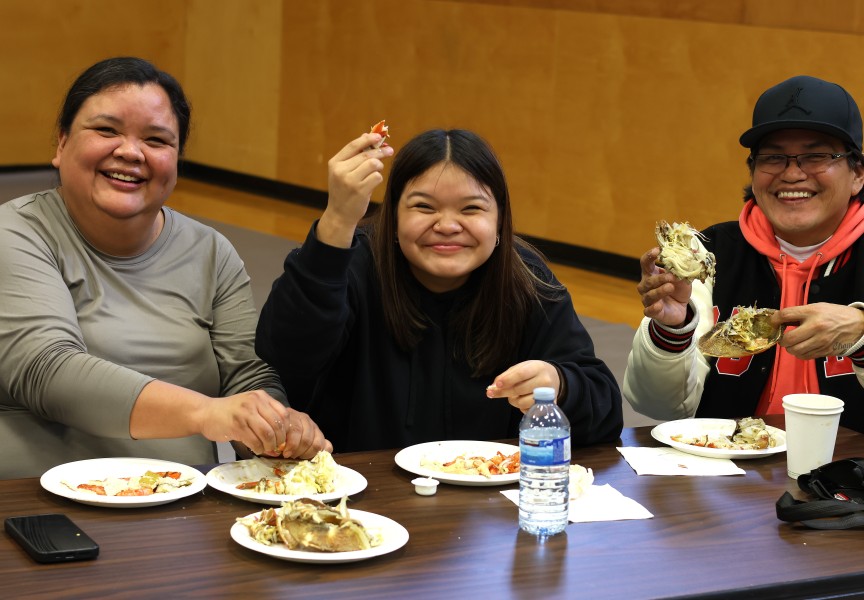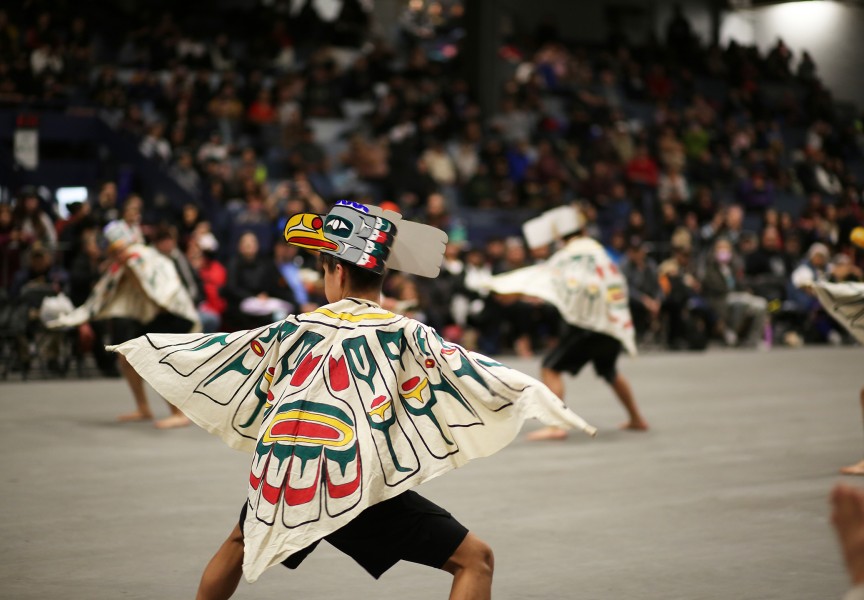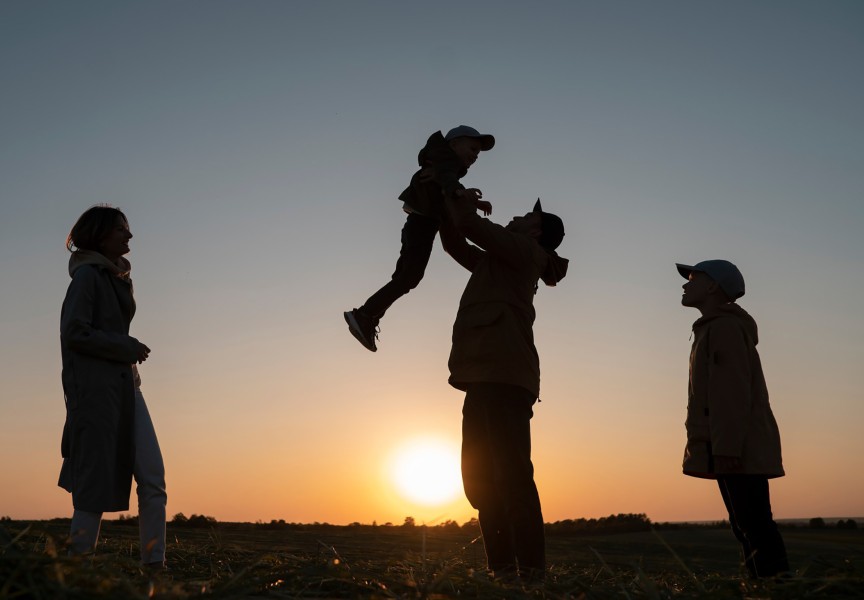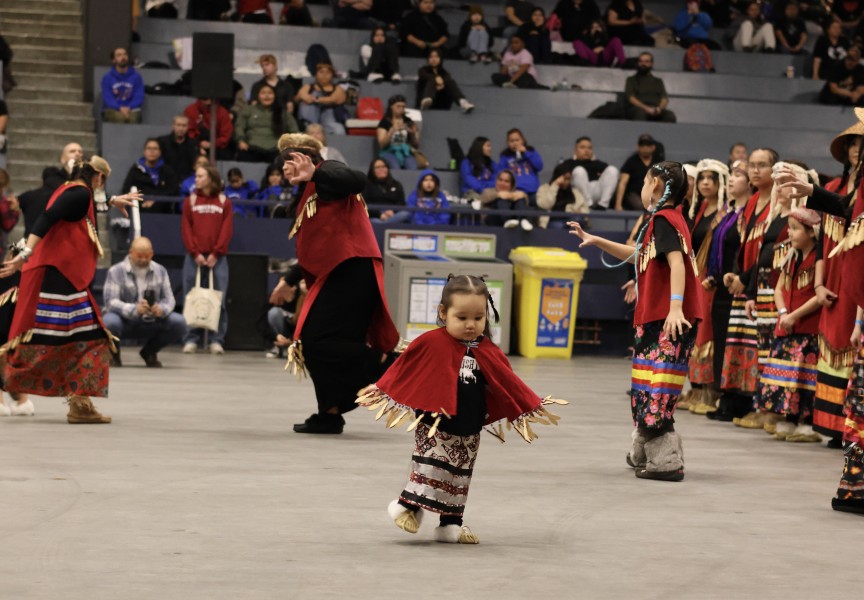When Mehana Vaughan spoke over a Zoom call to celebrate the book launch of Plants, People, and Places, she was inside her home in Hawaii making leis with her children.
“We are plant people,” said the professor of natural resources and environmental management of the University of Hawaiʻi at Mānoa. “This is an art shared by my grandmother and a way we share our love.”
Vaughan is one of the contributing authors to newly released book. Born out of a symposium held in Victoria in 2017, it explores the roles of ethnobotany and ethnoecology in Indigenous peoples' land rights in Canada and beyond.
Plants, People and Places is a compilation of essays from leading voices in philosophy, Indigenous law and environmental sustainability.
Edited by prolific ethnobiologist, Nancy J. Turner, the book argues that it is time to consider the critical importance of botanical and ecological knowledge to land rights and policy-making in Canada, the United States, Sweden, and New Zealand.
Turner said that she hopes that the book will be a “useful contribution to reconciliation and recognition of Indigenous knowledge and wisdom relating to the plant world, and will highlight the important role of plants in Indigenous cultures and for humans everywhere.”
Highlighting Nuu-chah-nulth traditional knowledge keepers, such as Dr. Marlene Atleo, who writes about Nuučaanuł plants and habitats as reflected in oral traditions, and Umeek, Dr. Richard Atleo, who provides a retrospective and the book’s concluding thoughts, Plants, People and Places is an ode to how much we can learn from the history of human relationships with nature.
Recognizing the common threads and shared understanding of people as part of the environment, along with the need for restoring that balance and reciprocity is “beautifully encapsulated” in this book, said Vaughn.
Much like teaching her children how to make leis, Vaughn stresses the importance of sharing knowledge across generations.
Kim Recalma-Clutesi is a contributing author to the book.
“This tangible wealth is our history and our knowledge and how we interact with the spiritual, the super natural and the natural worlds,” she said. “We have to walk carefully and tread carefully wherever we are and I think our world would be much better if we did that with all that we do.”

